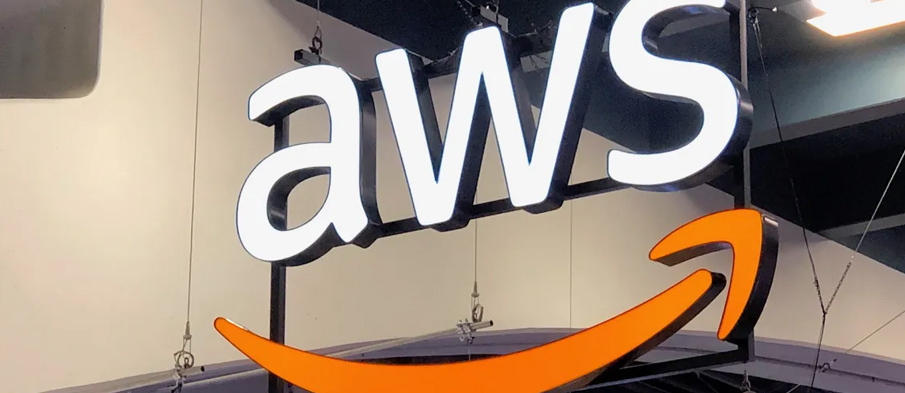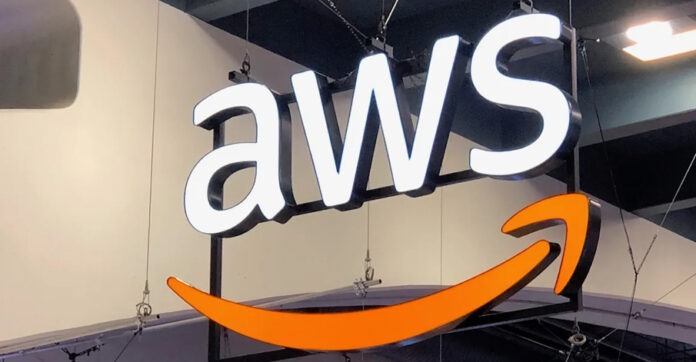
The India division of the AWS, known as Amazon Web Services (AWS) India, has recently introduced the AWS Space Accelerator: India, marking its inaugural accelerator program aimed at fostering startups within the spacetech domain. Clint Crosier, AWS’s Director of Aerospace and Satellite, emphasized the pivotal role of cloud computing in shaping the future of the space industry. He highlighted how it empowers spacetech startups to leverage high-performance computing resources for intricate data analysis, the application of machine learning models, and pioneering missions, all while achieving cost efficiency, quicker time-to-market, and scalable deployment. AWS India has forged partnerships with T-Hub in Hyderabad and Minfy to offer a comprehensive array of technical, business, and mentorship support, geared towards propelling the growth and advancement of spacetech startups across the nation.
“The launch of AWS’s first space accelerator for India-based startups directly supports our commitment to the Indian space industry through our MoU with ISRO, and IN-SPACe, announced last year,” said Shalini Kapoor, Director and Chief Technologist, Public Sector, AWS India Private Limited.
The partnership comes after an MoU was signed with ISRO and IN-SPACe last September.
“This program is set to propel innovation, foster collaboration, and strengthen the startup ecosystem in India. With T-Hub’s dedicated mentorship, hands-on technical support, and a vibrant alumni network, we are committed to helping startups reach new heights in the space sector,” said Mahankali Srinivas Rao, CEO, T-Hub.
As per the company’s announcement, the 14-week accelerator program will furnish startups based in India, whether at their early stages or more advanced, with a robust platform to construct, expand, and elevate space-related ventures. AWS pledges to allocate up to $100,000 in credits, accompanied by expert guidance from ISRO, IN-SPACe, and AWS, in addition to business and technological assistance from T-Hub and Minfy. The company aims to tackle the distinct challenges confronted by space tech startups, such as the requirement for substantial capital investment, access to skilled workforce, and the development and testing of technology within a high-risk setting. Applications for the program will remain open until March 17th, 2024.
“Technologies such as generative AI open transformative opportunities for space-tech, and we are committed to help startups innovate and develop sustainable solutions for the space sector,” Crosier added.
According to AWS, the program’s objective extends beyond furnishing startups with essential tools and resources; it also focuses on educating them about space domain technologies and applications. The company plans to empower startups to harness space data and develop scalable solutions by utilizing cloud computing, data analytics, and machine learning. These solutions are envisioned to create substantial impacts across diverse sectors such as agriculture, aviation, climate change, and beyond.




